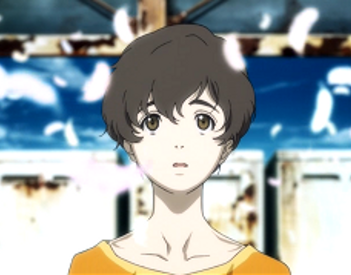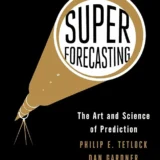I strive to be a minimalist, that is, someone who has few physical possessions. For a geek and an Aspie with OCE, this scenario is fraught with problems. For example it’s taken me a good year to realise that limited/collector’s editions are seldom worth the price attached to them.
 The last collector’s edition computer game I bought was Skyrim, the last one I was given Diablo III. I love the soundtracks included in both – and the art books, but it’s often easier just to buy them later on Amazon or eBay rather than shell out nearly £100 on launch day. Most OSTs, for example, are later added onto iTunes or made available in digital format and are no longer the sole exclusive of the special edition.
The last collector’s edition computer game I bought was Skyrim, the last one I was given Diablo III. I love the soundtracks included in both – and the art books, but it’s often easier just to buy them later on Amazon or eBay rather than shell out nearly £100 on launch day. Most OSTs, for example, are later added onto iTunes or made available in digital format and are no longer the sole exclusive of the special edition.
Within two months, I had given my statue of Alduin away. It was massive and bulky and I only really wanted the soundtrack and the art book. The same applied to Diablo, I digitised the OST, put the art book on my art books shelf and gave the box and Diablo USB stick away.
I’m in the middle of trying to move, which has given me an excuse to declutter. I’ve sold most of my games, my other consoles went several years ago leaving me just an Xbox 360. I sold most of my DVDs and old games to one of the various online sites that collect your stuff and give you a nice bank transfer in return.
Last week, I bought Tomb Raider (loving it, BTW, 10/10) from HMV; yes I went out and bought a physical game. The problem for me, about this purchase, was not the buying, it was the fact I was torn about getting a physical copy of the game. I prefer digital downloads; they take up less space and are almost instant. The only problem with computer games – particularly Xbox – is that there’s a three month delay between the physical and digital releases.
 I can easily see that the game consoles after the PS4 and Xbox 720 (Note to Microsoft, please, please don’t call it that!) will be digital download only. By that point, I imagine most physical retailers will have suffered a similar fate to HMV, Borders in the UK. Online purchases are cheaper, even if it doesn’t mean you’ll get them instantly. Gratification costs money as I learned when I had to pay £37 for a game that I could have purchased online for at least five pounds cheaper.
I can easily see that the game consoles after the PS4 and Xbox 720 (Note to Microsoft, please, please don’t call it that!) will be digital download only. By that point, I imagine most physical retailers will have suffered a similar fate to HMV, Borders in the UK. Online purchases are cheaper, even if it doesn’t mean you’ll get them instantly. Gratification costs money as I learned when I had to pay £37 for a game that I could have purchased online for at least five pounds cheaper.
Apple, for example, is a forerunner. The latest iMacs are missing optical drives entirely and music/films are available the day of physical release, or even earlier. I bought the Tudors last week as I go through what I term box set binges where I will spend several days watching a marathon of TV (this week it’s Battlestar Galactica). I bought the series on my iMac and within seconds was able to stream not just one episode but the entire four seasons.
Now that, my friends, is gratification.
I like digital downloads. Hard drive crashes aside, the storage is secure, takes up no space and is available anywhere. I like having my games on my console for a similar reason, I can easily jump from game to game without having the need to switch discs (read: locate them in their little physical boxes). The only downside is I have to wait three months and pay a higher amount (normally £49.99, physical copies retail for £39.99).
In a similar vein, I used to have a bookshelf stuffed with books: I’d get review copies sent from a dozen publishers and would be forced, monthly, to get rid of the older tomes simply for the sake of space. Now I ask for e-ARCs (advanced reader copies) which come as e-books or pdfs and can easily be transferred to my iPad. It’s easier on my eyes and on my minimalistic tendencies.
I still get the occasional book which, once read, is often passed on to friends or family in need of something to read. If I really liked it, I will buy the audiobook or, sometimes, a digital copy. Again, they take up no space on my iPad but also allows me to carry my entire library of beloved books on my person without fear of backache.
Film, TV and books are becoming the forerunners when it comes to new testing new technology. I do sometimes worry that, in two decades time, pictures will spring up on the Facebook equivalent of that decade, showing a book in the same way that images of pencils and cassettes do now. Will we be among the last generation to recognise books and other physical media for what they are before the entire industry plumps for digitalisation instead?








